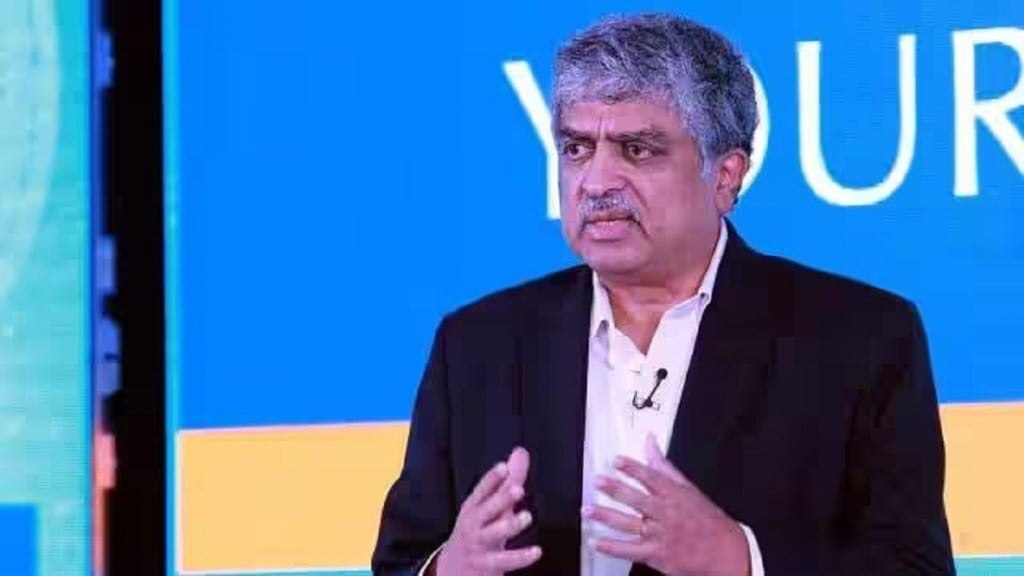Digital technology for SMEs: India’s digital public infrastructure (DPI), also known as India Stack, has small and medium enterprises (SMEs) as its biggest beneficiaries, said Infosys co-founder and Aadhaar architect Nandan Nilekani. Speaking on the Digital ecosystems for the Future of SME Finance & Financial Inclusion at the Global SME Finance Forum 2023 co-hosted by the Small Industries Development Bank of India (SIDBI) and Indian Bank’s Association (IBA), Nilekani said that India is building public trails to access credit and market benefiting SMEs.
“More than 50 million merchants are opting for digital mode of payment. Digitization helped us generate balance sheet quicker as all the financial details like invoices, transactions, tax credits are easily accessible. Digitization also reduces turnaround time to get loans. In the next 5 years at least 50 countries are going to implement DPI,” Nilekani said.
DPI essentially refers to interoperable, open, and inclusive systems supported by technology to provide essential public and private services.
Its components are Aadhaar products such as e-authentication and e-KYC owned by the Unique ID Authority of India (UIDAI), eSign maintained by the Ministry of Communications and Information Technology, Digilocker owned by the Ministry of Electronics and Information Technology, UPI owned by the National Payments Corporation of India and the Account Aggregator framework regulated by RBI.
Enabling credit access digitally to MSMEs has been among the biggest focus areas for the DPI with participation from financial institutions.
Dinesh Khara, Chairman, SBI in his virtual address at the event noted that in the last 10 years, SBI has witnessed a significant transformation from a collateral-based lending model to a data-based lending, which has further assisted it in reducing the bank’s overall operational costs.
“Digitalization has also helped vendors in making faster and more convenient payments, streamlining the MSME loan process. Additionally, digital platforms have been instrumental in catering to the needs of SME customers and creating value for them,” he said.
The focus on SMEs was also visible in the G20 Delhi Declaration adopted last week during the G20 Summit. In August, the G20 leaders had proposed a ‘Jaipur Initiative to foster seamless flow of information to MSMEs’ to address the challenge of inadequate access to market and business-related information faced by MSMEs.
In addition, a G20 Policy Recommendation paper by the World Bank on advancing financial inclusion and productivity gains through digital public infrastructure (DPI) had explained how DPIs can help address the challenge of access to credit faced by SMEs by providing latter with access to financial services and information through digital channels.
“With India taking the presidency of the G20 for the first time, the country’s views, and outlook on the MSME sector is of significance for the world. The strides made by the Government of India in developing a robust digital infrastructure and the consequent digital innovation by various players in the MSME credit domain needs to be discussed, encouraged as also celebrated,” said Sivasubramanian Ramann, Chairman & MD, SIDBI.
Importantly, according to a Crisil report in June this year, the MSME sector’s requirement for debt was estimated at more than Rs 100 lakh crore, of which around 70 per cent was for working capital requirement. However, only a fourth of the debt was sourced formally.
The cost of capital from the informal segment was extremely high. Thus, understanding the working capital needs across sectors and clusters is critical while assessing their working capital requirement is a challenge also because of information asymmetry and lack of high-frequency data points, according to the report.

